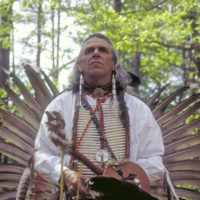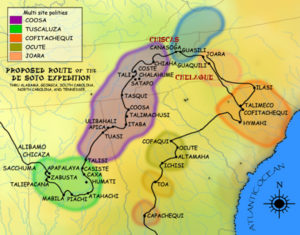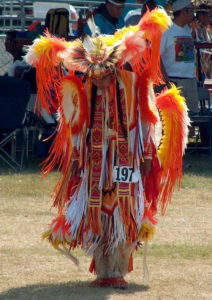Native American Indian Culture: Rituals, Dances and Ceremonies

When European colonists first arrived in “The New World,” there were nearly 12 million Native Americans living in what is now the United States. Divided into more than a thousand different tribes, Native Americans have a rich, diversified culture that is still very much alive today.
Native American Tribes Across the U.S.
Tribes and their cultures varied depending on the region of the country.
Northeast
The northeast consisted of two primary groups: Iroquoian speakers (Oneida, Cayuga, Onondaga, Erie, Tuscarora and Seneca), and Algonquian speakers (Fox, Pequot, Wampanoag, Shawnee, Menominee and Delaware).
Groups in this region lived in small fishing and farming villages along the coast. They grew crops like vegetables, corn and beans.
Southeast
The southeast consisted of several well-known indigenous tribes, including the Chickasaw, Cherokee, Creek, Choctaw and Seminole. These groups were known as the Five Civilized Tribes, and they each spoke a variation of the Muskogean language.

Plains
The plains region stretched from the Rocky Mountains to the Mississippi River, and consisted of the Algonquian, Siouan, Uto-Aztecan, Caddoan and Athabaskan speakers. After Europeans settled in the region, groups like the Blackfeet, Crow, Comanche, Cheyenne and Arapaho became nomadic.
Southwest
The southwest region included New Mexico, Arizona, Utah, Texas, Colorado and parts of Mexico. The peoples in this region had two very distinct ways of life.
The Zuni, Hopi, Yuma and Yaqui were sedentary farmers that grew crops and lived in permanent settlements with kivas, or ceremonial pit houses, at the center of the village.
The Apache, Navajo and other similar tribes were more nomadic. They hunted, gathered and raided established neighbors for their crops.
California and the Northwest Coast
It’s believed that present-day California had more people before European contact than any other area, with an estimated population of 300,000 in the 16th century. There were believed to be over 100 tribes and groups that spoke over 200 dialects in the region.
Despite the complex linguistic landscape, most of the peoples living in this region lived similar lives, with family-based groups of hunters-gatherers.
Native American Dances, Rituals and Ceremonies
Dancing is an integral part of the Native American culture and their rituals and ceremonies.

Dances and religious ceremonies are often centered on The Great Spirit, believed by many Native Americans to be the creator of life, or the supreme being. Other Native American traditions, beliefs and religions were based on the culture of shamanism, under which the Shaman or Medicine Man of the tribe served as a medium between the spirit world and the visible world. It is believed that Shamans and Medicine Men had the power to heal the sick, see the future and control the hunt.
Rituals, dances and ceremonies were performed to appease The Great Spirit or the spirits of their ancestors.
Festivals and ceremonies include chanting, singing and dancing. The clothing worn by both the males and females of the tribes were extraordinarily detailed. Some were adorned with furs and feathers, others with color beads and metallic baubles.
Some of the most famous Native American dances include: Deer Dance, Pipe Dance, Rain Dance, Dog Dance, Scalp Dance, Hopi Snake Dance, Green Corn Dance, Sun Dance, War Dance, Ghost Dance, Hoop Dance, Doll Dance and Buffalo Dance.

